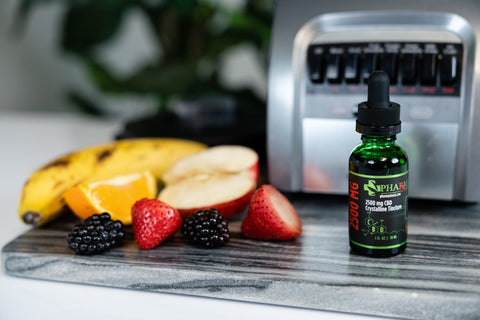
Insomnia, the inability to fall asleep or stay asleep all night, is a problem that an estimated 30% or more population suffers. The percentage is much more significant if you are looking at just the senior population. If you have trouble falling asleep at night or spend the night tossing and turning restlessly, here are some tips to help you improve your sleep quality.

#1. Have A Calming And Consistent Bedtime And Morning Routine
Try going to bed and waking up at the same time each day. There is a reason parents put their babies and toddlers on strict sleep and nap schedules; the routine helps your body learn when it’s time to sleep. Also, eliminate anything that gets in the way of good sleep, such as noise, light, and temperature changes. Do something calming before bed, like reading or meditation.
#2. Reduce Consumption Of Stimulants and Alcohol
Did you know that caffeine can continue to affect you for up to 24 hours after you drink it? It might not be good enough to stop drinking caffeine a few hours before bed. It would be more beneficial to switch to decaffeinated products as much as possible. Alcohol might make you sleepy at first, but the effect wears off after a few hours making you wake up in the middle of the night.
#3. Eliminate Screen Time Before Bed
There is some evidence to suggest that too much “blue light” can throw off your circadian rhythm that tells your body when it’s time to sleep and wake. Blue light comes from sunlight, but it also comes from the artificial light on electronic screens. Stop watching TV or using your phone a few hours before bedtime.
#4. Get Regular Exercise
Even light exercise daily can help you sleep better at night. Try to schedule your workouts earlier in the day, as exercising right before bed can act as a stimulant. Exercise not only tires the body but reduces stress that might be keeping you up at night. Try to walk, bike, or do yoga for at least 30 minutes per day.
#5. Take CBD Oil Daily
While scientists are still studying the effects of CBD oil on sleep, many people have reported that it does, in fact, help them sleep better at night. It’s possible that CBD’s known effect of reducing cortisol levels in the blood can help you relax and fall asleep faster. CBD also acts upon the body’s endocannabinoid system that in part regulates sleep and the body’s circadian rhythm.
Better sleep has been linked to better overall physical and mental health. Your body will be better equipped to fend off illness and recover from injury faster. You’ll also enjoy clearer thinking and improved memory as long as you're getting enough rest at night.





